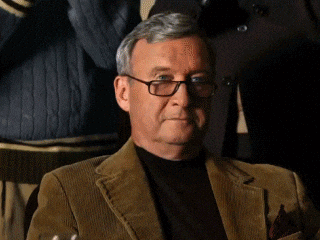I hope that Callatoroy and everyone has the greatest Christmas ever. I hope that they are right that trump simply lied about everything and doesn't destroy the country.
Yes, they are completely correct, trump won. (Finally, beat someone in actual votes on his third try)
But, 2,288,383 or 1.5% of the voters, is not a mandate or an ass kicking in any way. It's not even a top 10 in margin.
I mean, Nixon won by 23%, Reagan by 18%, Clinton by 8%, Bush 1 by 7%, Obama by 7%, Carter by 2%, Trump (2024) 1.5%, trump (2016) -2%.


